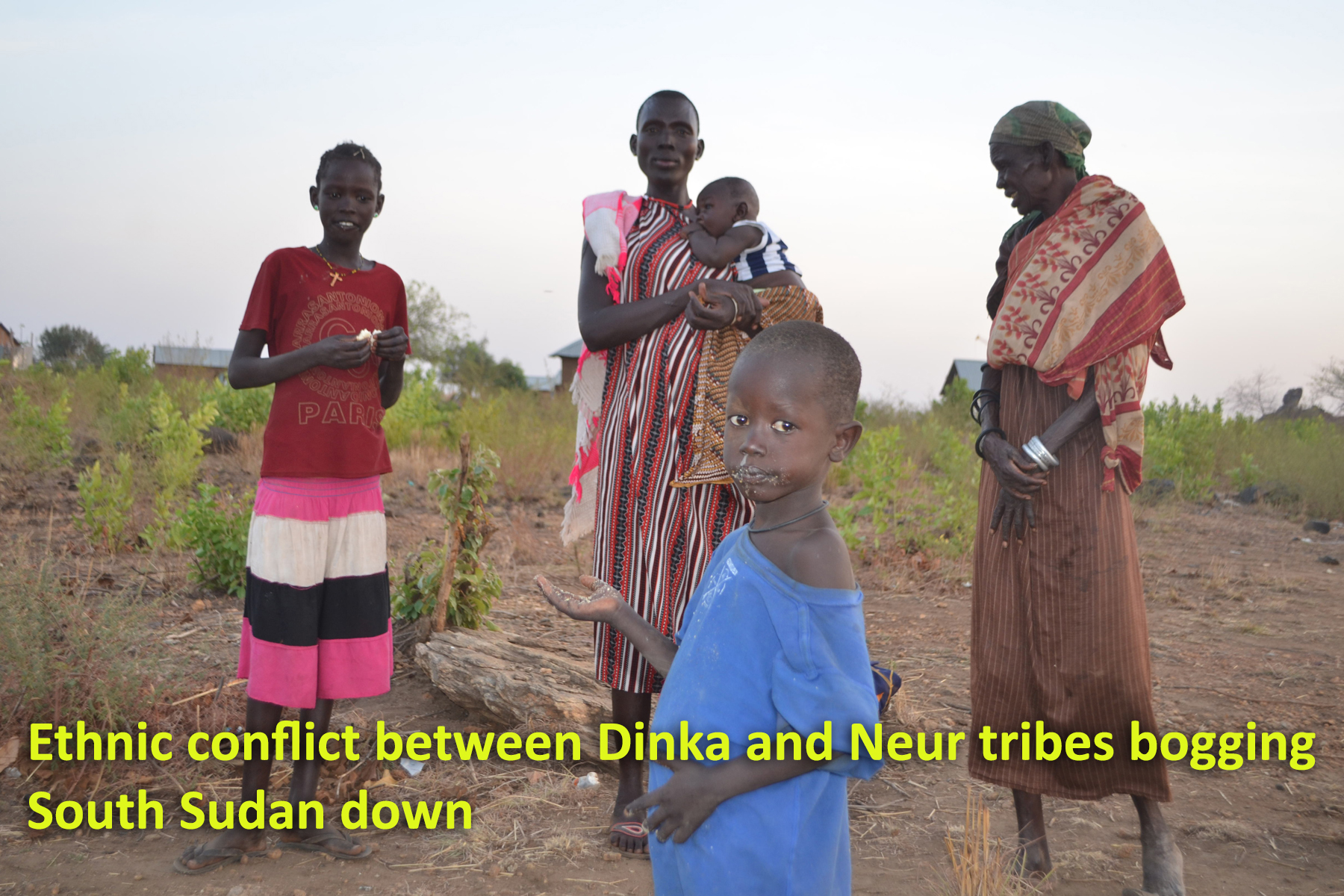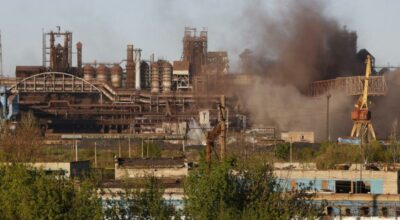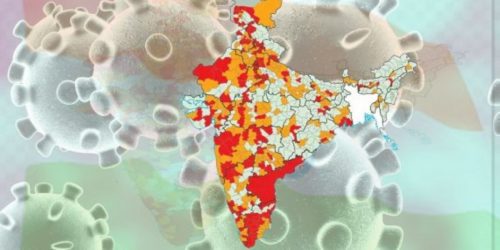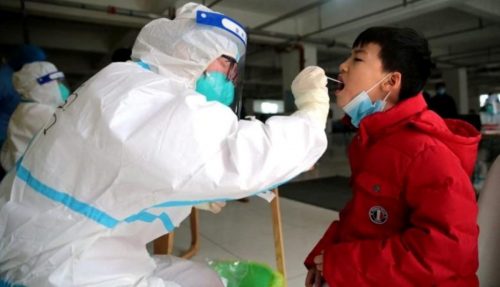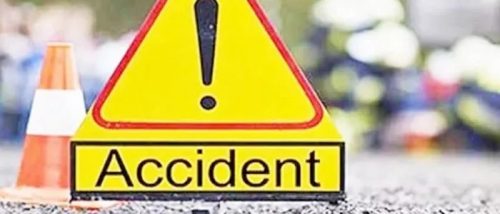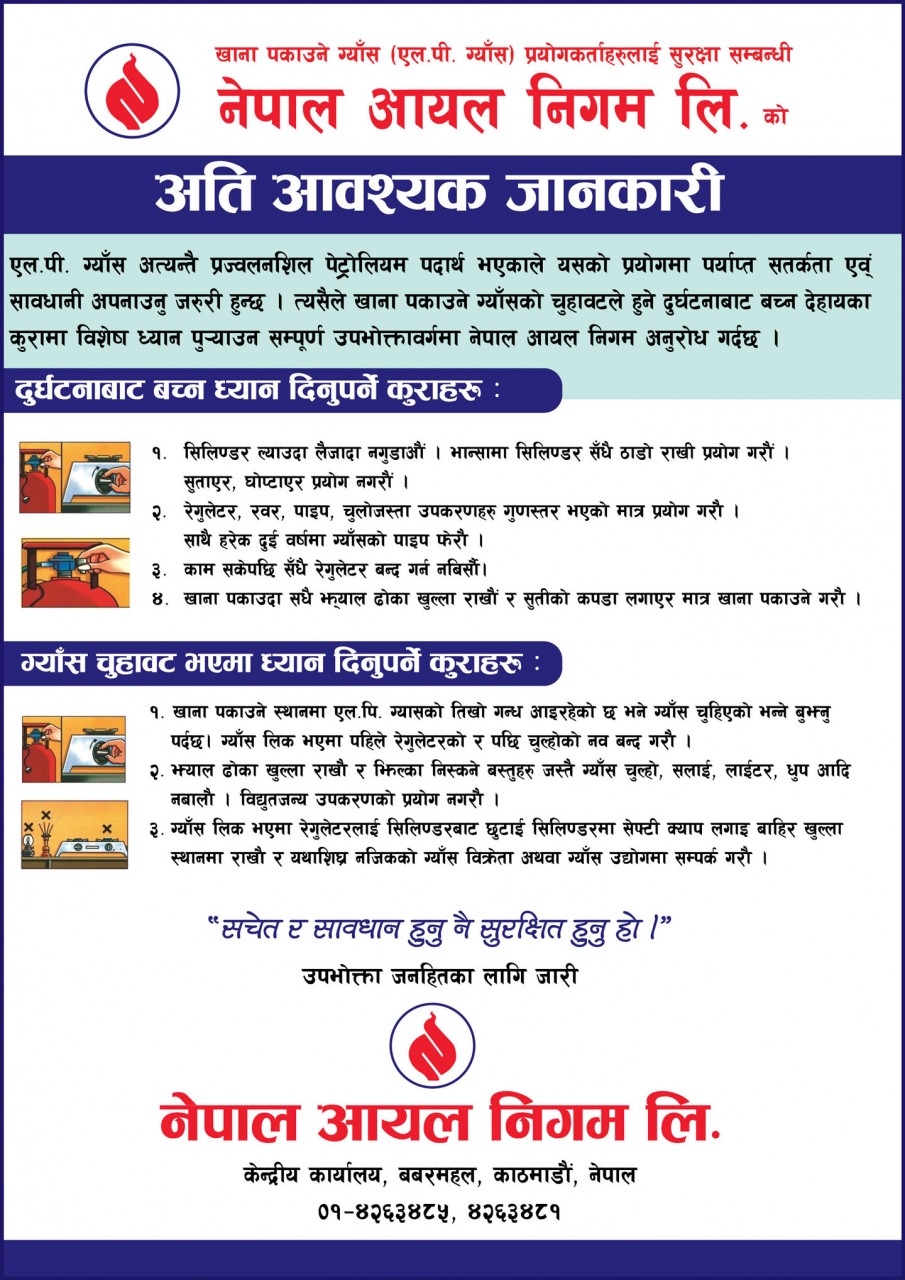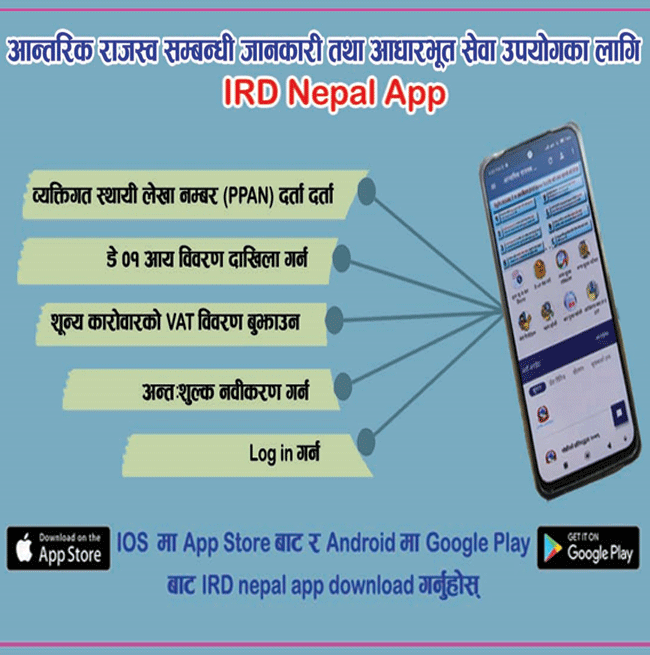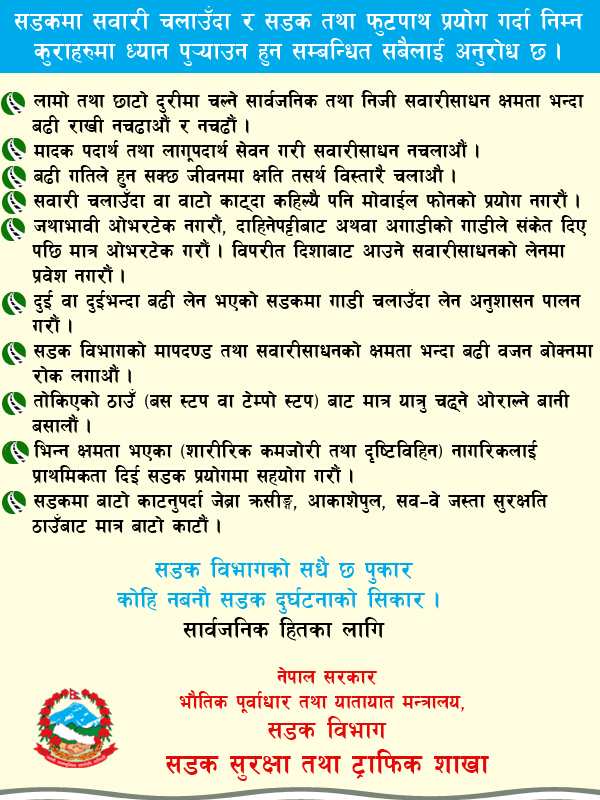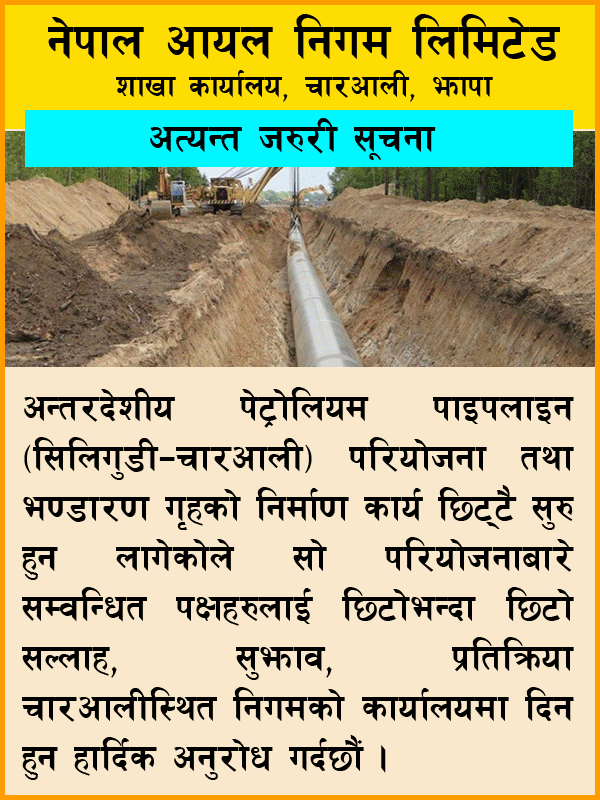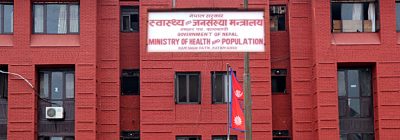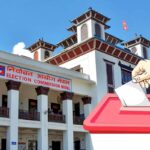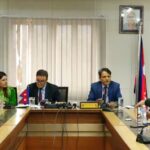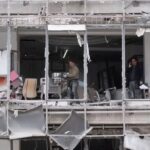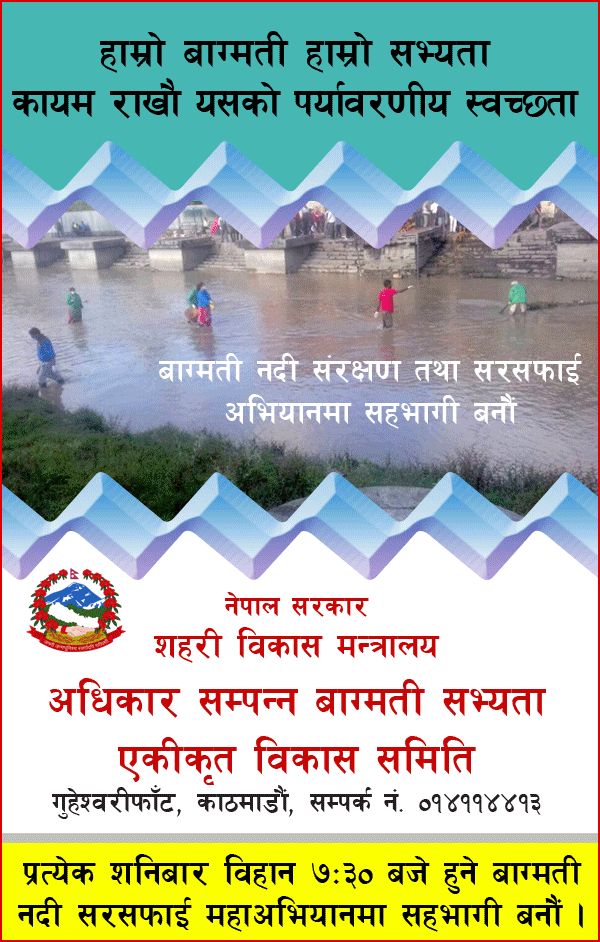The people in rural South Sudan are suffering from poverty, illiteracy and hunger due to the ongoing ethnic conflict between the Dinka and Neur communities. There are different sub-tribes within these two communities and they too are mired in conflict.
Generally, the situation is such that the people in the rural areas are poor, malnourished and shabby and one has to travel to Juba, the capital of South Sudan, for a sight of well-to-do and physically fit people.
“There is practice of the strong dominating and exploiting the weak here. There is no sense of humanism, democracy and respect for human rights,” Nigeria’s Military Coordination Officer in South Sudan, Col Isha Maina, summed up the situation.
Among 60 different tribes, two more tribes – Siluk and Agende – are also involved in the bitter ethnic conflict, further worsening the situation. The conflict seems to have crossed the limits as the communities in the conflict negate the existence of the other rather than accepting their existence.
Before, the Dinka, Neur and other tribes apparently joined hands to fight against Sudanese forces at the border with Sudan for the creation of South Sudan.
But the ethnic war changed into a religious one after a referendum held on 8 July 2011 under the United Nations’ supervision endorsed South Sudan as a separate country.
The total population of South Sudan is estimated to have reached 12 million. Even a national census has not been possible in South Sudan after its separation from Sudan.
As per the information given by the Nepalese Army Directorate of Public Relations, 46 percent of the population is Christian, 32 percent Muslim and 22 percent of other religions.
The Republic of Sudan that is around four-times larger than Nepal has a total area of 644,329 square kilometers. This landlocked country that lies in the northeastern Africa is bordered by Sudan to the north, Ethiopia to the east, Kenya to the south east and Uganda to the south. Similarly Central African Republic lies to its west and the Democratic Republic of the Congo to the southeast.
The South Sudan was ravaged by the religious war for two years. The South Sudanese have been engaged in the ethnic violence since 2013 AD.
Fighters close to incumbent President Salva Kiir Mayardit and ousted Vice President Riek Macher Teny Dhurgon are engaged in the violent war, throwing the normal life out of gear.
Over one hundred thousand people have lost their lives to the violent war between the South Sudanese People’s Liberation Army (SPLA) of President Salva Kiir and Riek Macher’s military force the Sudanese People Liberation Army in Opposition (SPLA-IO) while over one million have left mutilated.
SPLA is the state military force, but SPLA personnel are not paid on time. This force that deemed loyal to the President is unpopular among the people. The Sudanese people take their separate ways once they encountered with the SPLA force on the street.
Some SPLA-IO fighters and people are taking shelter in the United Nations refugee camps here. Some 223,000 common people are living the life of refugees in the world’s youngest country that got independence from Sudan in 2011.
The life in villages is miserable. Only children and very old people are found in village areas in day time. As working class people go for cattle grazing and in search of food (fishing in the river and wild fruits).
Similarly, poverty is so endemic that most of the South Sudanese manage only one meal a day. However, the land is fertile, none cultivates here as most them are dependent on the food and other commodities donated by different foreign missions.
A local Jon Bidal shared that they don’t have a single grain of food as they totally gave up farming because they are commonly looted, and feel threatened while farming and collecting food grains.
Bidal lives in Eastern Gate where there is no school, health posts, police beat and any kinds of government representatives unit.
Pashupati Battalion of Nepal Army has managed drinking water facility to the locals living in very wretched condition.
Many countries have issued official explicit statements about its diplomatic reorganization and some of the countries have established diplomatic relations with it. RSS



